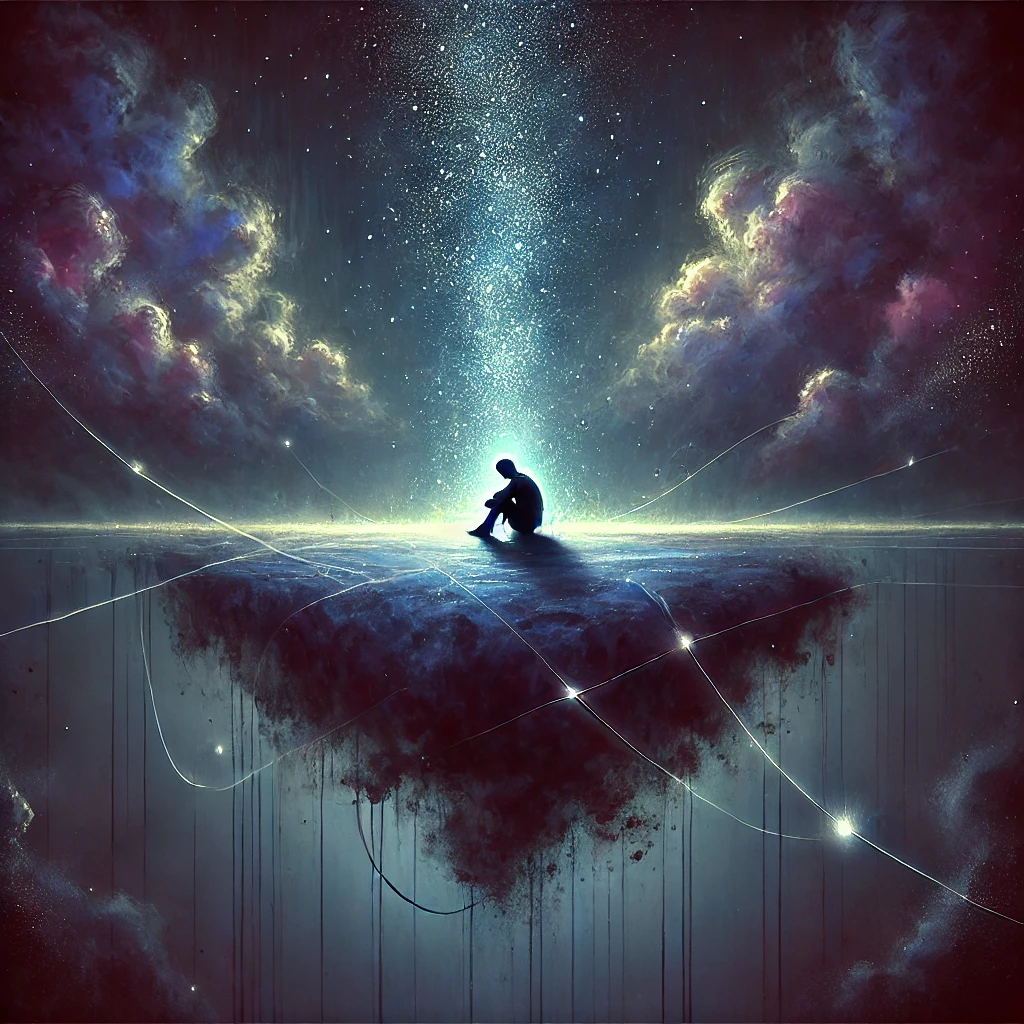
The Effects of Loneliness

A Deep Dive by Dr. David Rex Orgen, Best-Selling Author and Mental Health Expert
Loneliness is more than just a fleeting emotion—it is a silent epidemic affecting millions of people worldwide. Dr. David Rex Orgen, a best-selling author and renowned mental health expert, explores the profound effects of loneliness on the mind, body, and society. Through his extensive research and experience, he highlights how isolation can impact mental health, physical well-being, and overall quality of life.
The Psychological Toll of Loneliness
According to Dr. Orgen, prolonged loneliness is a key contributor to mental health challenges, including depression and anxiety. When individuals experience chronic isolation, their brain chemistry changes, increasing stress hormones like cortisol. This heightened stress response can lead to negative thought patterns, self-doubt, and even suicidal ideation in severe cases.
Additionally, loneliness can erode self-esteem, making individuals feel unworthy of companionship or social interactions. This can create a vicious cycle where feelings of loneliness prevent people from seeking the very connections that could help them heal.
Physical Health Consequences
Dr. Orgen emphasizes that loneliness is not just a mental health concern—it has tangible physical effects as well. Studies have shown that social isolation can weaken the immune system, making individuals more susceptible to illnesses. Chronic loneliness is also linked to high blood pressure, heart disease, and an increased risk of stroke.
Furthermore, the lack of social engagement can contribute to unhealthy habits, such as poor diet, lack of exercise, and substance abuse. Without the motivation and encouragement of social connections, individuals may struggle to maintain a healthy lifestyle.
Loneliness in a Digital World
In an era of digital connectivity, one might assume that loneliness would be less prevalent. However, Dr. Orgen points out that despite technological advancements, loneliness has reached alarming levels. Social media, while providing a sense of connection, often fosters superficial interactions rather than deep, meaningful relationships. The comparison culture prevalent on digital platforms can also lead to feelings of inadequacy and further isolation.
Dr. Orgen stresses the importance of balancing online interactions with real-world connections. While technology can bridge geographical gaps, it cannot replace genuine human presence and emotional support.
Breaking the Cycle of Loneliness
To combat loneliness, Dr. Orgen advocates for proactive engagement in social activities and community involvement. He encourages individuals to seek out support groups, volunteer opportunities, and faith-based gatherings to build authentic relationships. He also highlights the role of mental health professionals in helping individuals navigate feelings of isolation and reconnect with society.
Moreover, he calls on communities and policymakers to address loneliness as a public health concern. Creating safe spaces for social interaction, promoting mental health education, and fostering inclusive environments are crucial steps toward reducing loneliness on a broader scale.
Conclusion
Loneliness is a pressing issue that affects both mental and physical health. As Dr. David Rex Orgen eloquently explains, overcoming loneliness requires a collective effort—individuals must seek connection, and society must provide the support systems necessary to foster meaningful relationships. By prioritizing human connection and mental well-being, we can work toward a healthier, more connected world.
Check out my personal website, www.davidorgenauthor.com
Recent Posts
When Cravings Speak Louder Than Words
Degrees Without Doors
Becoming the First Was Never About Recognition It Was About Assignment
Tags
+1 (614) 753-3925
info@inspiremindglobal.com




